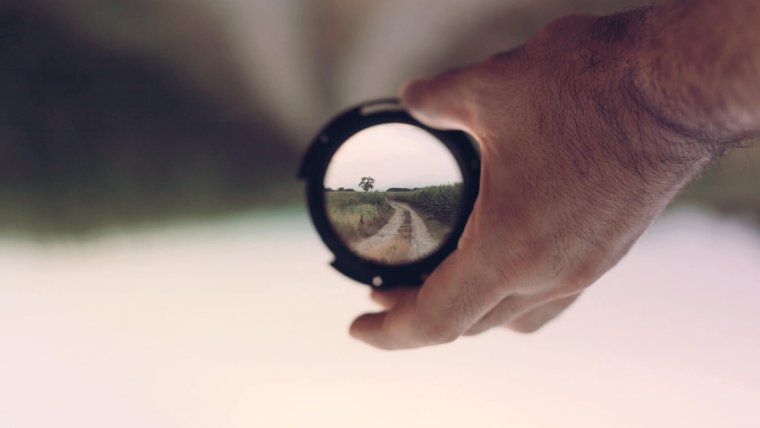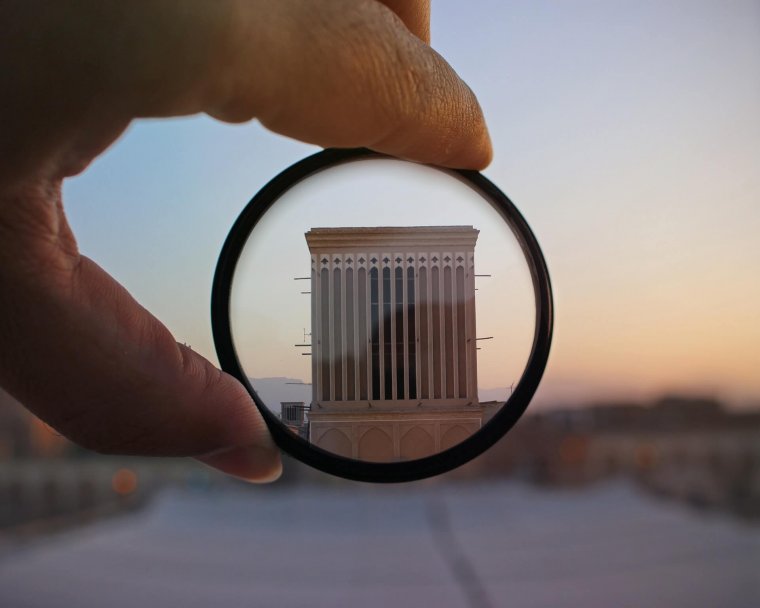
Hey, guys, we are back again today to shine a light on a little tool most if not all of you probably have in your camera bag. If you, however, don’t have one of these and currently in the process of looking to purchase one then this article should also be of great help in guiding you through that process. Before we dive in for those, who don’t know what Polarizer Filters are I’ll be happy to give you a short and to the point definition. Well, these are filters. Obviously, that can be placed over the front of your lens to improve the quality of your image in regards to contrast, reducing lens reflections and also help to enhance the colours of your image. These filters are used in many creative ways by professionals like myself for these reasons and more. If you’re new to these you must be asking why are these such a hot commodity amongst the pros anyway and why should I invest in one. Well In this article I’ll list a few reasons why this should be a part of your day to day shooting and a few reasons as to why you don’t need it if the key roles it plays doesn’t necessarily match your needs.

1. Protect Your Lens
While this may be one of the simplest reason, I can recall where a filter has saved me thousands or the heartache of damaging the front of my lens. Like a lens hood, in addition to the creative purpose they serve, they can also help as protective shields for a greater good. In the sense that it’s a lot cheaper to replace a filter or lens hood than to have to buy an actual lens all over again.
2. When taking Pictures of Water
Polarizing filters are pretty much great for underwater photography or when taking photos of any body of water, for example, a river. Water is highly reflective which is why you find that if often reflects the colour of the sky or anything it is predominantly covered by. Your polarizing filter essential helps to stop that reflection from being picked up by your lens leaving you with a great quality image with the ability to also see what is actually under the surface. Sounds pretty cool right? With this glare completely cut out everything becomes that more interesting in regards to capturing aquatic life. Just be sure you don’t have your camera wet if you don’t have the gear or tools for it to handle caught by water.
3. Recover Skies
Have you ever taking a photo of a subject and your sky tend to be so blown out and white it takes away from the overall essence of your shot? Then a polarising filter can help you to recover the sky you lose. These filters tend to decrease the chance of haze in your photos which tend to be one of the challenges faced by many photographers. The after effect of this is a nice blue sky filled with contrast and some detail in the clouds for you to play around with.
4. Cuts Reflection
As mentioned earlier in the second point, the filter tends to cut reflection in pretty much anything that can reflect light, for example, a glass or metal surface. This can be useful in many different ways during a session to avoid extra work in post production which if you can tell, I’m a big fan of.
1. Over Polarizing
Unfortunately, everything has both its advantages and disadvantages and the most common I’ve seen when using the polarizing filter is that it can make things significantly darker and can cause elements in your shoots to look a bit unnatural.
2. Focus Errors
You’ll run into this a few times when you begin to use your filter as your camera tends to struggle a bit to focus on your subject. It’s gotten a little annoying during sessions I’ve done which eventually slowly discouraged me from using it.
3. Doesn’t Shine in Low Light Photography
These filters are mainly built for the situation in which you have a harsh light source from the sun; then there is no need to have the filter mounted on the camera. If you try to use it low light situations you may find yourself with some ugly dark high contrast images which I don’t think some of you want personally. So if you’re a photographer who mostly enjoys low light situations then this kit probably wouldn’t be a tool for you to waste money and invest in.
It’s unfortunate that most if not all man made things have both their up and downside when being used. I hope this article has opened your eyes a bit to advantages and disadvantages of using a polarizing filter. No need to follow the hype and go out and get one if you know they won’t be of any benefit to your craft. Thank you for stopping by and until next time, all the best in your sessions!
Comments (0)
There are no comments yet.